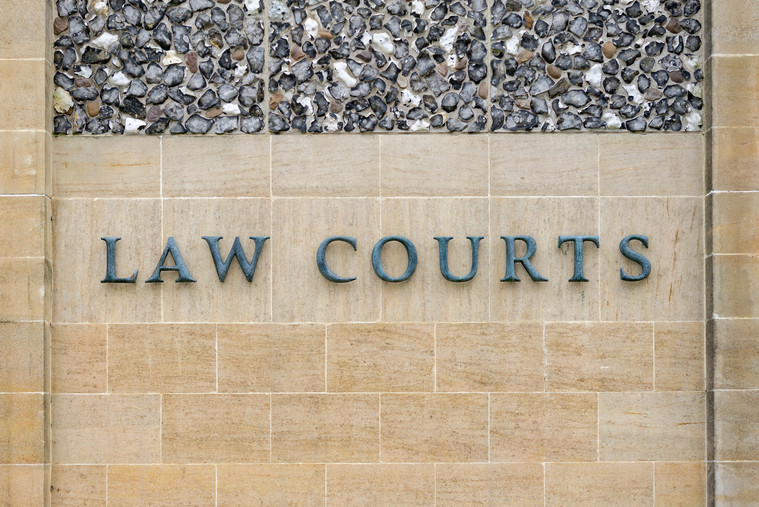While a number of the courts are now open and are doing some hearings face-to-face, many of the hearings are now being dealt with remotely. If the court decides that your hearing can be dealt with remotely rather than requiring you to attend court, an order will be made prior to the hearing date to state whether the hearing is to be by telephone conference or by video link and, if the latter, whether this would be by Skype or the court’s video platform (CVP).
Many interim hearings are being dealt with by telephone conference and, if this is the case, the court will request telephone and email details for each party and their representatives. At the time of the hearing, or thereabouts, the court will then telephone everyone to link them in with the judge. The judge will then carefully manage the hearing so that people cannot talk over each other and each party gets to put their case.
With final hearings, these are more likely to now be changed to video calls, if being dealt with remotely, and the court will again request email and telephone numbers for all parties, their representative and any witnesses.
Just before the time for the hearing, everyone concerned will be sent a link by email to access the video call. This link should be capable of being activated by laptops, desktop computers, tablets and even phones. No additional software or specific technology should be required. Again, the judge will need to manage the hearing very carefully to ensure that all parties and witnesses are heard.
Of course, clients will need to confer with their legal representatives during hearings regardless of how they are being heard. Most often with telephone hearings, clients and legal representatives communicate by email. With video calls, legal representatives and their clients can communicate with each other via text message, remembering to mute yourself from the hearing if a conversation is required.
It is important that when participating with any hearing remotely, all participants ensure they are in a room on their own where they cannot be disturbed or overheard, to ensure complete confidentiality. It is also essential that parties do not record the hearing. If necessary, a transcript can be obtained afterwards.
It is certainly a very different world we are now living in and the courts have had to adapt very quickly to ensure that justice continues to be served. At Whitehead Monckton business has continued, and will continue, as usual. If you require any assistance with hearings or anything else, please do not hesitate to contact us.




